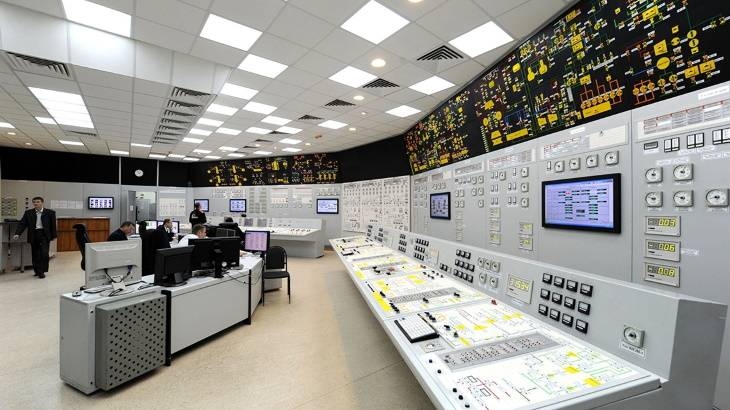
VIENNA — The Director-General of the International Atomic Energy Agency, IAEA, Rafael Mariano Grossi, has launched an initiative to strengthen global preparedness for future pandemics like COVID-19.
The project, called ZODIAC, builds on the IAEA’s experience in assisting countries in the use of nuclear and nuclear-derived techniques for the rapid detection of pathogens that cause transboundary animal diseases, including ones that spread to humans. These zoonotic diseases kill around 2.7 million people every year.
The IAEA Zoonotic Disease Integrated Action, ZODIAC, project will establish a global network to help national laboratories in monitoring, surveillance, early detection and control of animal and zoonotic diseases such as COVID-19, Ebola, avian influenza and Zika. ZODIAC is based on the technical, scientific and laboratory capacity of the IAEA and its partners and the Agency’s mechanisms to quickly deliver equipment and know-how to countries.
The aim is to make the world better prepared for future outbreaks. "Member States will have access to equipment, technology packages, expertise, guidance and training. Decision-makers will receive up-to-date, user-friendly information that will enable them to act quickly," Grossi told a meeting of the IAEA Board of Governors.
He pointed out COVID-19 had exposed problems related to virus detection capabilities in many countries, as well as a need for better communication between health institutions around the world. While the IAEA has been doing important work to help countries in these areas, such as through the provision of COVID-19 tests, he said it was "essential to pull these diverse strands together into a coherent and comprehensive framework of assistance".
Nuclear-derived techniques, such as tests using real-time reverse transcription-polymerase chain reaction, RT-PCR, are important tools in the detection and characterization of viruses. The IAEA is providing emergency assistance to some 120 countries in the use of such tests to rapidly detect COVID-19. — WAM